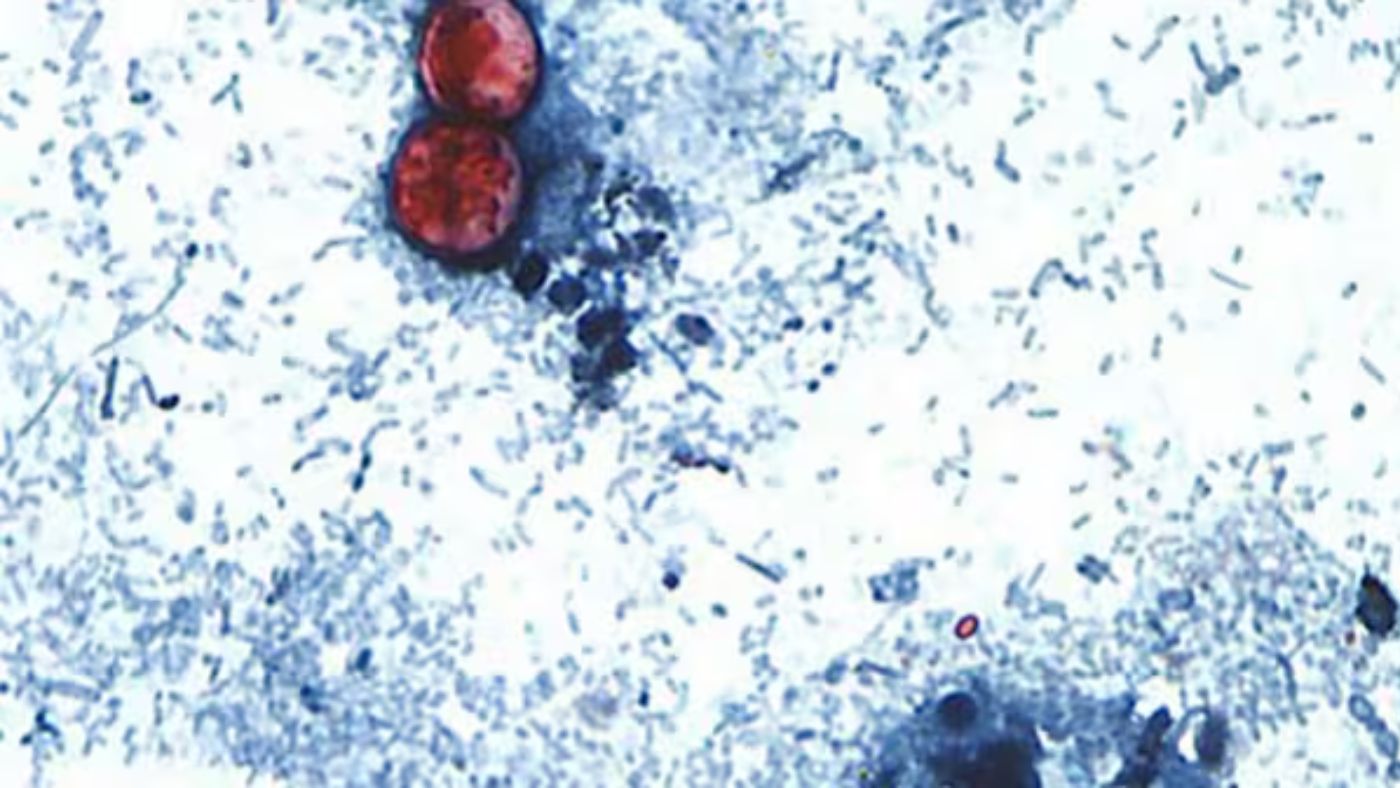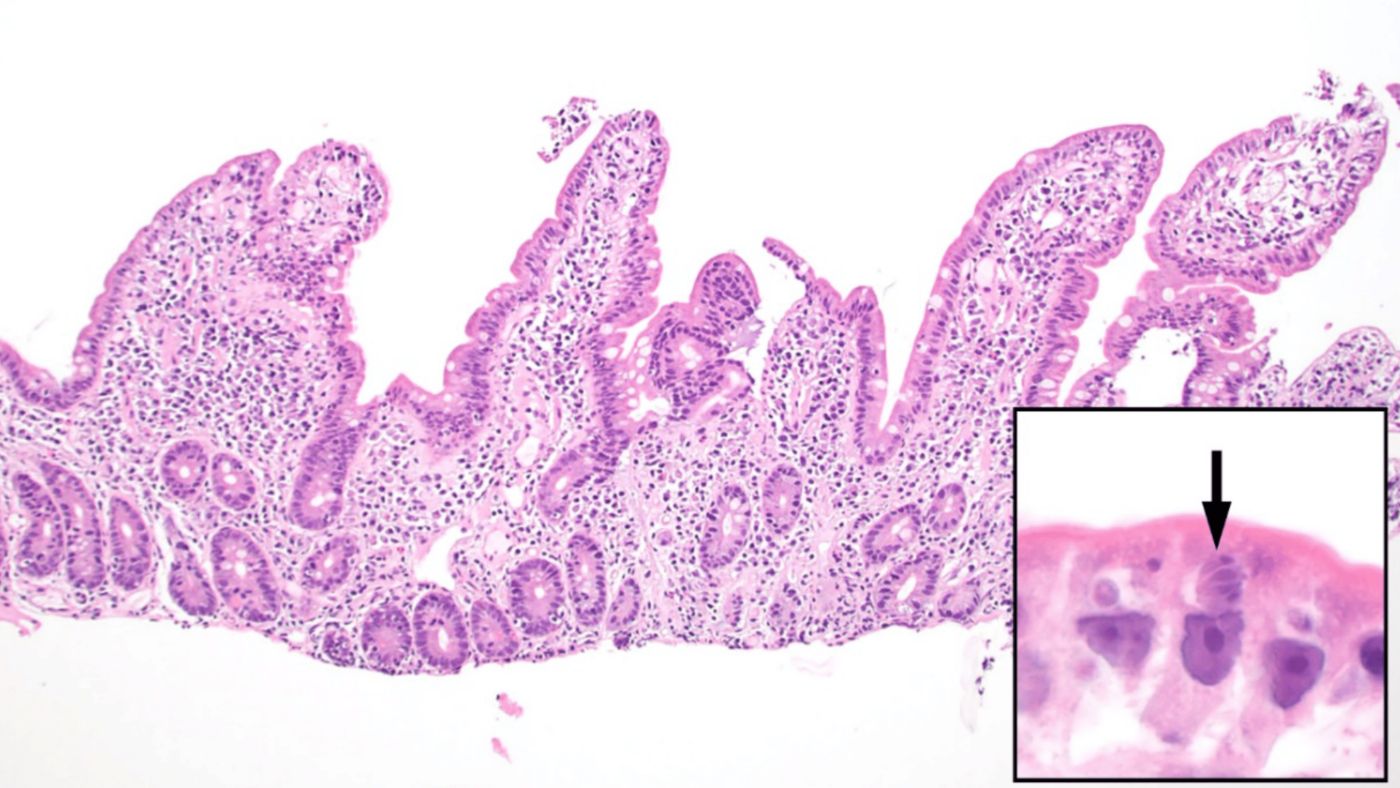Health officials in Houston are alerting residents to an outbreak of an intestinal parasite that can lead to severe cases of diarrhea.
Recent weeks have seen an increase in gastrointestinal illness in Fort Bend and Harris counties, caused by a microscopic parasite known as Cyclospora cayetanensis.
Symptoms resemble those of the flu and include watery diarrhea, bloating, fever, stomach cramps, and muscle aches.
Cyclospora is typically found in feces and can contaminate foods and water, often spreading through the consumption of unwashed fruits and vegetables.
The current outbreak in Houston has been associated with various types of fresh produce, such as cilantro, pre-packaged salad mix, raspberries, basil, snow peas, and mesclun lettuce, as reported by ABC13.
Concerned residents have taken to social media to share their experiences with this distressing parasite. Officials are urging the public to exercise caution when handling and preparing these foods.
Recommendations include thorough washing of all fruits and vegetables under running water before consumption, cutting, or cooking.

Additionally, it is essential to meticulously clean cutting boards, utensils, and other surfaces used for food preparation to prevent cross-contamination.
Proper hand-washing, done vigorously for at least 20 seconds, is also emphasized as a crucial preventive measure.
Tracking transmission of Cyclospora can be challenging due to its incubation period, with symptoms typically appearing about a week after exposure.
However, person-to-person transmission is considered unlikely by the Centers for Disease Control and Prevention (CDC).
Symptoms of cyclosporiasis can persist for days to weeks and may recur before resolving completely. Antibiotics are available to treat the illness, although it generally does not cause long-term effects in healthy individuals.
However, those who are immunocompromised, infants, and the elderly may be at higher risk. Health officials stress the importance of managing diarrhea promptly to prevent dehydration, especially during periods of extreme heat, such as the current weather conditions in Houston.
